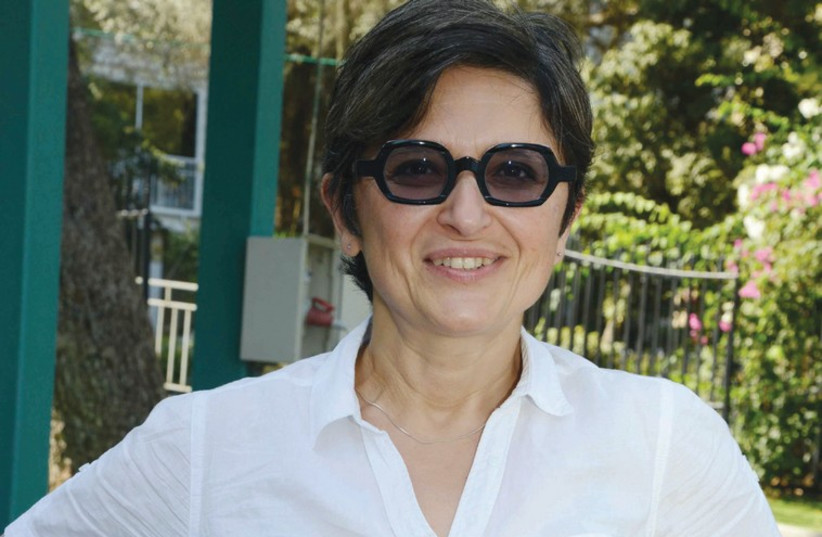Iranian filmmaker Sepideh Farsi's debut animation aims to counter what she says is the traditional narrative of the Iran-Iraq War as her contribution to supporting protests at home.
“The Siren,” which premiered in the Berlinale's Panorama section on Thursday, is set against the backdrop of the war that started in 1980 and ground on for eight years, claiming up to 2 million lives.
Farsi lives in Paris and has been banned from her homeland since 2009, after defying government restrictions to portray life in the country through documentaries and feature films.
This film tells the story of 14-year-old Omid, who plays football and watches cockfights before his hometown of Abadan is obliterated by Iraqi forces.
Farsi was determined to tell another story from what she said the government of Iran had done by glorifying the war with films honoring martyrs.

“The narratives of the regime, of that war, are very particular. They kind of hijacked that war and the revolution as being their own.”
Sepideh Farsi
"The narratives of the regime, of that war, are very particular," Farsi told Reuters. "They kind of hijacked that war and the revolution as being their own."
Farsi depicts death and sorrow with expressionistic intensity, with missiles exploding in roads, bodies strewn across battlefields and an oil refinery bursting into flames.
She said showing such realities of war was her personal form of resistance. "That's why it's relevant to what's happening in Iran now, because now we have an independent revolution led by women," she said.
Protests in Iran flare up overnight
Protests rocked Iran overnight after a seeming slowdown in recent weeks, with marchers calling for the overthrow of the Islamic Republic, online videos purported to show on Friday.
Iran was swept by protests following the death of a young Iranian Kurdish woman in the custody of the country's morality police last September. Iranians from all walks of life have taken part, marking one of the boldest challenges to the Islamic Republic since the 1979 revolution.
The authorities have accused Iran's foreign enemies of fomenting the protests.
Making the film as an animation allowed Farsi to evoke the city of Abadan, which was razed during the war.
"Animation really seemed like the right medium to tell this story from the beginning, because it gives you a lot of freedom to rebuild things that do not exist," she said.
